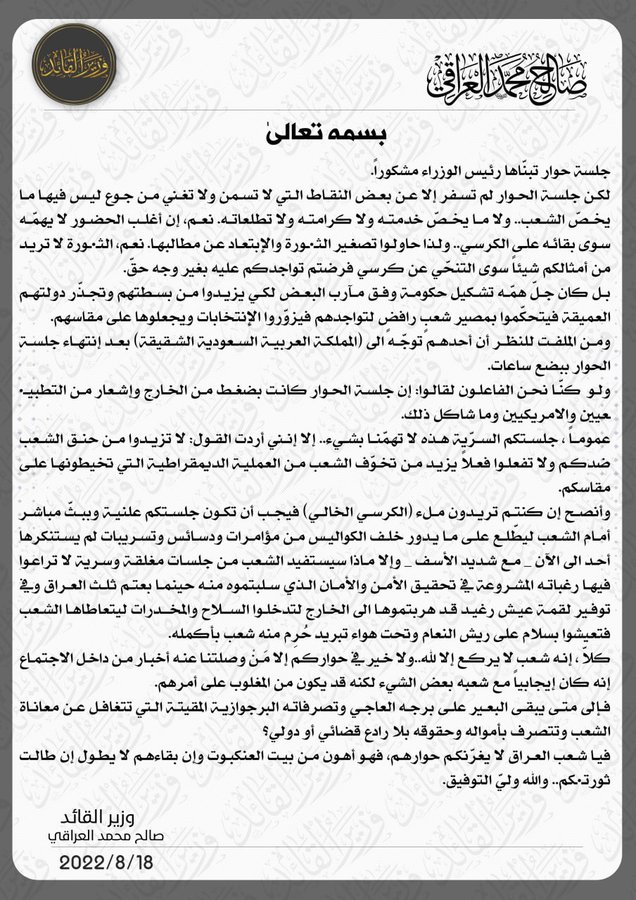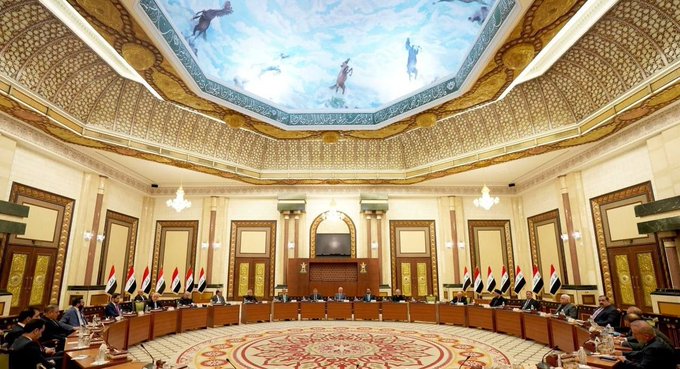An additional 1.8 million doses of the Jynneos monkeypox vaccine available for order on Monday
On Wednesday, Centers for Disease Control and Prevention Director Dr. Rochelle Walenksy conceded that her agency “did not reliably meet expectations” in its “big moment” when it came to confronting the challenge of the pandemic. In addition to this welcome admission, she also prioritized quicker data-sharing and stronger messaging that the public can readily relate to.
But the bungled monkeypox response underscores just how vast the gap is between the CDC’s aspirations and its current reality. The United States has had to declare the monkeypox outbreak a public health emergency to emphasize the growing risk to Americans. At this point, the nation’s monkeypox cases, confirmed in 49 states, account for more than 30 percent of the world’s current disease burden.
The public health challenge posed by monkeypox should have never been this formidable. Unlike Covid, the monkeypox virus was not an emergent threat for which a playbook and vaccine did not initially exist. In addition, many of the tools we needed to fight it were exactly what Covid should have prepared us for: beefing up our national stockpile of vaccines, rapidly administering tests, coordinating between federal and local authorities, and providing messaging that is unalarming and tailored to both general and at-risk populations.
From its emergence, Covid was a true heavyweight foe. It was airborne and highly contagious, with an elevated incidence of morbidity and mortality. Little was known about its various modes of transmission, disease course and complications. Furthermore, there were no vaccines, proven treatments or experience with disease management. Even the existing science on similar coronaviruses was unhelpful because of critical differences in its genome and virulence.
This is C.I.'s "Iraq snapshot" for Thursday:
“I’m flabbergasted that this extraordinary travesty is taking place under our noses, but Julian is still in Belmarsh Prison and he’s still en route to being extradited to the United States so that the government of the United States can kill him in private,” the 78-year-old music icon said outside the Department of Justice.
He appealed to the US attorney general by name to drop the charges against the publisher.
“Merrick Garland, do the right thing. Free Julian Assange at lunchtime today, please,” Waters said, praising the people who turned out for the demonstration.
The musician raised concerns about the health of Assange, 51, who suffered a mini-stroke last October.
“All you can do is keep doing what you’re doing. Never ever shut up, never be quiet. Raise your voices, join the choir: Free Assange, Free Assange,” Waters said.
At a protest in front of the Justice Department in Washington, on Wednesday, Pink Floyd co-founder Roger Waters urged the US government to free Julian Assange and warned that it could kill him.
In June, the UK approved the extradition of Assange to the United States. The US claims it wants him to stand trial for breaching the US Espionage Act by disclosing military and diplomatic information in 2010. He may face up to 175 years in prison if proven guilty, though the exact term of the sentence is difficult to predict.
"Julian is still in [London's] Belmarsh prison, he is still on the way to be extradited to the United States where the government of the United States can kill him in private," Waters said. "Merrick Garland, do the right thing. Free Julian Assange at lunchtime today, please."
A group of family members of 9/11 victims has sent a letter to President Biden urging him to return the $7 billion in frozen Afghan reserves held by the US Federal Reserve to the Afghan people.
Earlier this year, President Biden signed an executive order that would make $3.5 billion of the Afghan funds available to 9/11 families. But in the letter that was sent Tuesday, 77 family members of 9/11 victims said receiving that money would be “morally wrong.”
The letter reads: “Any use of the $7 billion to pay off 9/11 family member judgments is legally suspect and morally wrong. We call on you to modify your Executive Order and affirm that the Afghanistan central bank funds belong to the Afghan people and the Afghan people alone.”
US officials said this week that the Biden administration has decided not to return any of the $7 billion to Afghanistan and suspended talks with the Taliban on the issue. One year since the Taliban’s takeover of the country, Afghanistan is facing a dire humanitarian crisis, with millions of Afghans facing starvation.
Yesterday was a very important day.
It’s the day the America First movement exiled the most despicable, most debased Swamp Monster on Capitol Hill.
Yesterday Liz Cheney lost renomination for Congress after three terms of using and abusing the people of Wyoming.
The reason is simple: voters are tired of fighting endless wars.
They’re tired of spending trillions of dollars in the Middle East and Central Asia while they struggle to fill their own gas tank or complete a grocery shopping list.
They’re tired of seeing their sons and daughters in uniform come home physically, mentally, and spiritually broken by war.
Or often, not come home at all.
Liz Cheney has been a face of the War Party for years.
In 2003 the Bush-Cheney administration fabricated intelligence to lie our country into a disastrous war where over a million people were killed.
Liz Cheney says “Good.”
The Bush-Cheney administration set up an international collection of secret prison camps where thousands were tortured, some to death.
Liz Cheney says, “Good.”
Barack Obama gave billions of dollars in cash and weapons to Jihadists in Syria, the same terrorists who would later start ISIS.
Liz Cheney says, “Good.”
Joe Biden is inching us dangerously close to World War III with Russia to protect his family corruption in Ukraine.
Liz Cheney says, “Good.”
And yesterday the conservative voters of Wyoming kicked Liz Cheney out of office right back to her military-industrial complex mansion in Northern Virginia.
And I say, “Good.”
Smedley Butler said “War is a racket.” And I say that Liz Cheney is a war profiteer. And someday we may rid our nation and ourselves of the former, but yesterday we rid ourselves of the latter.
Good riddance to the Beltway Butcher.
After meeting with political leaders, the leaders of three political institutions in Iraq yesterday called on followers of Shia cleric Moqtada Al-Sadr to engage in national dialogue to resolve the political deadlock, news agencies reported.
Iraqi President Barham Salih, Parliament Speaker Mohammed Al-Halbousi, caretaker Prime Minister Mustafa Al-Kadhimi, Special Representative of the UN Secretary-General for Iraq Jeanine Hennis-Plasschaert and leaders of Iraqi factions met and discussed political deadlock in the country.
Al-Sadr and his followers, who have been involved in protests calling for the dissolution of the newly-elected parliament, did not attend the meeting.
Iraq's former finance minister, who resigned during a cabinet meeting on Tuesday, outlined the reasons behind his decision in a resignation letter made public by Iraqi social media users and outlets.
In a 10-page-long resignation letter, Allawi blames the current political stalemate, rampant corruption by the political parties and ruling elites, and the interferences by foreign countries into Iraq's internal affairs as the main reasons behind his resignation.
Allawi, who was also the deputy prime minister in Mustafa al-Kadhimi's cabinet, took office in May 2020. His resignation was instantly accepted and Iraqi oil m0inister Ihsan Abdul-Jabbar has been appointed as acting finance minister.
"In the few weeks after I took office in the ministry for the second time, I knew the terrifying fact on what extent the government functionality has deteriorated in the past 15 years, in a way that the political parties, as well as the self-interest groups, have practically confiscated broad joints of the state," reads part of Allawi's letter published by Al-Sumaria News Iraqi outlet.
Iraq has hosted just two senior US government visits in the months since the country's October election. Meanwhile, the sprawling US embassy has been operating with a skeleton crew since 2019, when the US ordered all "non-emergency" staff to leave Iraq amid security threats.
"US engagement in Iraq's political process has been almost completely absent," Jonathan Lord, a former Iraq country director at the Department of Defense, now head of the Middle East security programme at CNAS, a Washington think tank, told MEE.
Some consider the past ten months a missed opportunity for the US. Washington apprehensively welcomed what was generally seen as a peaceful election, albeit one plagued by record low turnout, where big political parties backed by armed militias demonstrated their staying power.





